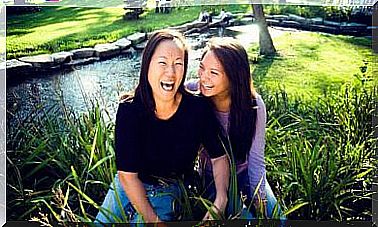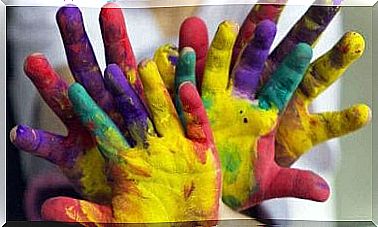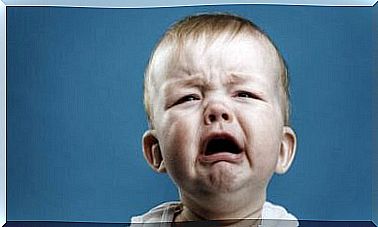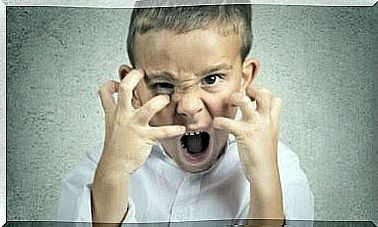What Exactly Is Tourette’s Syndrome?
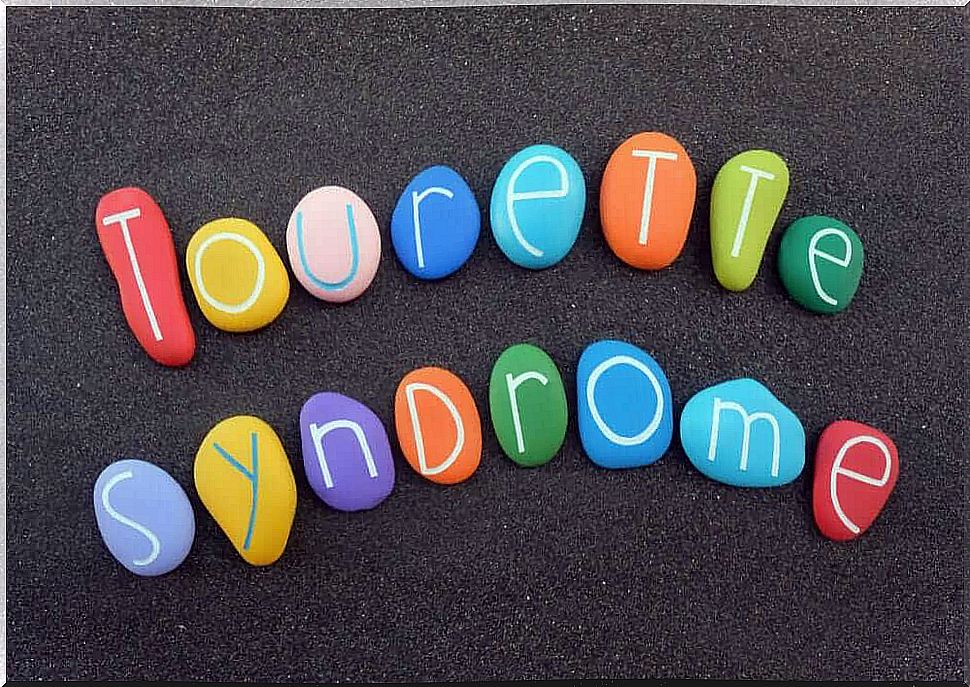
Tourette’s syndrome is a disorder that involves motor and verbal tics and first appears during childhood. This causes the child to make sudden movements and sounds that are repetitive and uncontrollable. It can affect a person’s quality of life. However, due to the fact that the disorder is often portrayed in films and media, many people have a wrong idea of what it really means.
In general, films show Tourettes as a condition in which people shout out swear words, curses and socially inappropriate comments (coprolali). At the same time, films show individuals making involuntary, obscene gestures (copropraxia). Despite this common picture of these behaviors, they are actually unusual in Tourettes.
What exactly is Tourette’s syndrome?
Tourette’s syndrome is a neurological disorder that occurs in children or adolescents before the age of 18. In general , it appears between the ages of five and nine, and the first manifestations are tics on the face. For example, the person blinks their eyes or wrinkles their nose.
Tics can vary over time, both in terms of type and intensity and frequency. There are periods with less or no tics as well as periods when they get worse.
The tics that people can have are:
- Motor: Sudden, repetitive and uncontrollable movements involving different parts of the body.
- Vowel: The involuntary production of sounds and words in a short and recurring way.

At the same time, both motor and vocal tics can be simple or complex.
- Simple tics : Among simple tics are those that only involve one muscle group. For example, blinking or shrugging, or coughing or moaning about vocal tics.
- Complex tics: These involve different muscle groups and are more detailed. For example, the person may jump, turn or touch a part of the body. It can also mean spitting insults or repeating one’s own or others’ (ekolali) words.
All these movements and expressions are involuntary and uncontrollable for the child. In addition, it is common for there to be an impulse, or trigger, that comes just before. This refers to an uncomfortable body experience (such as itching or tingling, a bit like how you feel before a sneeze). For those with Tourette’s syndrome, the only way to alleviate this is with tics.
By making a big effort, some younger children may temporarily suppress their tics. But when the tension accumulates, they reappear.
Things to think about
Between about 0.4 and 3.8% of children suffer from this syndrome. Experts believe that a variety of factors play a role in causing this disorder, both genetic and environmental. It affects boys three times more than girls.
In addition, other disorders and conditions can often coexist with Tourette’s syndrome, especially inattention, and / or hyperactivity (ADAH), behavioral problems, obsessive-compulsive disorder, anxiety, and depression.
Fortunately, the disorder tends to become milder with age. In fact, very few cases continue to be serious after adolescence. At the same time, children tend to experience worse symptoms when they feel tired, sick or stressed.
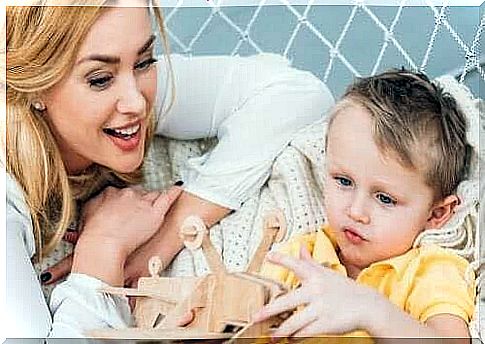
Tourette’s syndrome does not affect human intelligence or health, in addition to the discomfort that results from the tics themselves. Unfortunately, these children are met by a huge lack of understanding from others… which of course makes them feel more anxious and outside. Therefore, it is important for those who are close to these children to be informed and knowledgeable.
Finally, it is important to remember that the onset of tics during childhood is not always a sign of Tourette’s syndrome. In fact, tics are a fairly common phenomenon in children. In general, they are on a transient phenomenon and resolve quite easily. Tourettes are an unusual condition and very few cases are very serious.
The treatment of Tourette’s syndrome
There is no cure for this syndrome. On the other hand, there are a number of different options that must be adapted to each individual case. However, we are talking about medications that can cause more or less serious side effects. Therefore, it is best not to medicate in cases where the tics are not directly disabling.
When it comes to psychological treatment, research has shown that a form of cognitive behavioral therapy (CBT) called habit reversal training (HRT) is effective in reducing symptoms. Relaxation techniques as well as treatment of associated psychological conditions – such as ADHD or OCD – can also provide very beneficial results.
